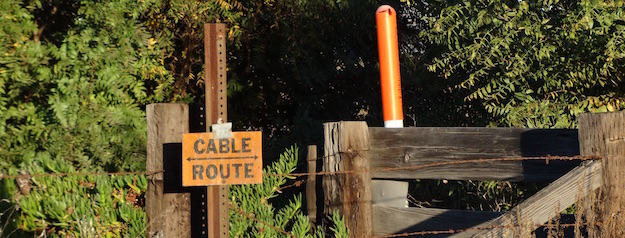San Francisco broadband law gains independent ISP access to hundreds of buildings
![By Beyond My Ken (Own work) [GFDL (https://www.gnu.org/copyleft/fdl.html) or CC BY-SA 4.0-3.0-2.5-2.0-1.0 (https://creativecommons.org/licenses/by-sa/4.0-3.0-2.5-2.0-1.0)], via Wikimedia Commons](https://www.tellusventure.com/images/2017/9/sf_apartment_2.jpg)
A San Francisco municipal ordinance that gives tenants of multi-unit buildings the right to get broadband service from any qualified provider of their choosing has had a dramatic impact on the market, at least according to CALTEL, a lobbying group for independent telecoms companies in California. In comments filed with the Federal Communications Commission, CALTEL says San Francisco’s ordinance has opened doors for Sonic.net, California’s largest independent ISP…
… MoreSonic now reports that the ordinance has been instrumental in assisting it to gain access to approximately 300 multi-tenant buildings in San Francisco.




![By Public Domain Images [Public domain], via Wikimedia Commons](https://www.tellusventure.com/images/2018/11/race_fast_tractor.jpg)
![By Beyond My Ken (Own work) [GFDL (https://www.gnu.org/copyleft/fdl.html) or CC BY-SA 4.0-3.0-2.5-2.0-1.0 (https://creativecommons.org/licenses/by-sa/4.0-3.0-2.5-2.0-1.0)], via Wikimedia Commons](https://www.tellusventure.com/images/2017/8/homeless_with_cell_phone.jpg)


![By Tage Olsin (Own work (Photo taken by me)) [CC BY-SA 2.0 (https://creativecommons.org/licenses/by-sa/2.0)], via Wikimedia Commons](https://www.tellusventure.com/images/2017/8/royal_flush.jpg)
